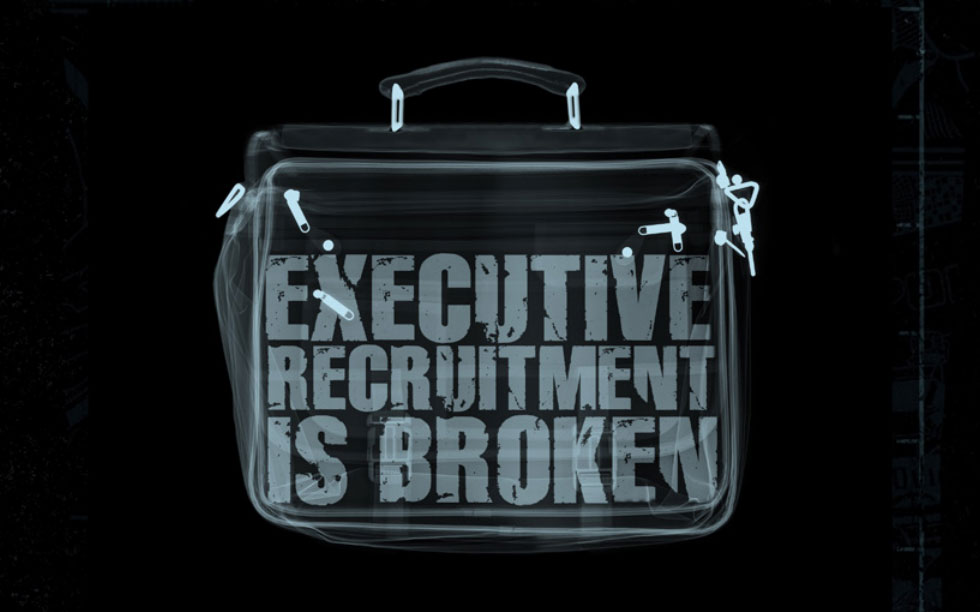Diversity and inclusion are becoming increasingly important in the modern workplace. Not only is it the right thing to do, but it has also been proven to impact an organization’s bottom line positively.
However, despite the benefits of diversity and inclusion, many organizations struggle to implement effective strategies for recruiting a diverse workforce. One of the biggest challenges is overcoming bias in the hiring process.
This article will dive deeper into what diversity recruiting is, explore the benefits of a diverse workforce, and provide tips on building a successful diversity recruiting strategy while overcoming bias in hiring.
What is Diversity Recruiting?
Diversity recruiting is the process of actively seeking out and recruiting individuals from a wide range of backgrounds and identities to join an organization. This includes individuals from different ethnicities, races, genders, sexual orientations, abilities, and socio-economic backgrounds, veterans, and individuals with diverse experiences and perspectives.
Diversity recruiting aims to build a workforce that reflects the diversity of the communities an organization operates and serves. Diversity recruiting has become a crucial aspect of talent acquisition in today’s globalized business world. The demographics of the workforce and customer base are constantly changing, and organizations must adapt to stay competitive.
For example, a company that operates in a multicultural city should have a workforce that reflects the diversity of that city. Similarly, a company that serves a diverse customer base should have employees who can understand and connect with those customers.
In some scenarios, diversity recruiting is mandated by law. For example, government contractors must have an affirmative action plan to ensure they are not discriminating against certain groups. This includes setting goals for hiring individuals from underrepresented groups and regularly reporting on their progress.
Moreover, in industries such as technology, where the field is dominated by a specific demographic, it becomes crucial for organizations to diversify their workforce to bring in fresh perspectives and ideas to stay competitive and innovative.
Diversity recruiting is not just limited to hiring; it also encompasses the retention and development of diverse talent within an organization. This includes creating a culture that values and respects all employees, providing training and development opportunities, and recognizing and rewarding those committed to diversity and inclusion.
Benefits of Diversity Recruiting in Modern Workplaces
Diversity in the workplace brings a wide range of benefits to an organization. It leads to a more innovative and creative workforce, as individuals from different backgrounds bring different perspectives and ideas to the table. This can result in more successful problem-solving and decision-making.
Additionally, a diverse workforce can help an organization better serve its customer base and stay competitive in a global market.
Diversity in the workplace also leads to a more engaged and motivated workforce. When employees feel that they belong and are valued, they are more likely to be satisfied with their jobs and stay with the organization for the long term.
Furthermore, a diverse workforce can improve employee retention, as employees are likelier to stay with an organization that values and respects them and includes a diverse workforce in leadership positions.
Tips for Building a Successful Diversity Recruiting Strategy
Diversity recruiting is essential for creating a diverse and inclusive workforce, but it can be challenging to implement effective strategies.
This section will provide practical tips for building a successful diversity recruiting strategy.
From reviewing job descriptions and diversifying recruiting sources to creating an inclusive interview process and committing to diversity and inclusion as a company value, these tips will help organizations overcome bias in the hiring process and build a diverse workforce.
1. Review your job descriptions
Job descriptions are often the first point of contact between an organization and potential candidates, and they must be inclusive and free of bias.
Review your job descriptions for any language that could be interpreted as exclusive, such as “must have X years of experience” or “must have a specific degree.” This can discourage qualified candidates from applying.
Instead, focus on the qualifications and skills for the role, and consider using inclusive language.
2. Diversify your recruiting sources
Don’t limit yourself to the usual job boards and universities.
Instead, reach out to organizations that focus on diversity and inclusion, such as professional associations for underrepresented groups, and attend job fairs and networking events that target diverse candidates.
Additionally, consider using recruiting agencies specializing in diversity recruiting or reaching out to employee resource groups within the organization to identify potential candidates.
3. Create an inclusive interview process
The interview process can often reveal unconscious bias. To overcome this, train your hiring team on how to conduct inclusive interviews.
This includes avoiding asking illegal questions and using structured interview questions that focus on the candidate’s qualifications and experience.
Additionally, consider implementing a diverse interview panel, with representation from different backgrounds and experiences, to ensure a more balanced perspective during the decision-making process.
4. Use blind resume screening
To reduce bias in the initial screening process, consider using blind resume screening.
This means that the candidate’s name and identifying information are removed from their resume before it is reviewed.
This helps to eliminate bias based on factors such as name, address, and educational background and allows for a more objective assessment of the candidate’s qualifications and experience.
5. Consider offering flexible work arrangements
Many underrepresented groups may have caregiving responsibilities that make traditional work arrangements difficult.
You can attract a broader range of candidates by offering flexible work arrangements such as telecommuting or flexible scheduling.
This can also help to retain a diverse workforce, as employees are more likely to stay with an organization that values and respects their individual needs.
6. Assess your current workforce
Look at your current workforce and identify where there may be gaps in diversity. This will help you focus your recruitment efforts on the areas you need to improve.
Additionally, consider conducting an employee engagement survey to gather feedback on what can be done to create a more inclusive and welcoming work environment.
7. Partner with Employee Resource Groups (ERGs)
Employee Resource Groups (ERGs) come together based on a shared identity or interest. They can serve as a valuable resource for diversity recruiting, as they can help to identify potential candidates and provide mentorship and support for new hires.
They can also provide valuable feedback on the organization’s diversity and inclusion efforts and suggest areas of improvement.
8. Commit to diversity and inclusion
Building a diverse workforce is not a one-time effort; it requires ongoing commitment and dedication.
Make sure that diversity and inclusion are a part of your company’s mission and values, and actively work to create a culture that values and respects all employees.
This includes implementing employee training and development programs and recognizing and rewarding those committed to diversity and inclusion.
Conclusion
Building a diverse workforce is essential for the success and longevity of an organization. It brings many benefits to an organization, including increased innovation, better customer service, and improved employee engagement and retention.
However, many organizations struggle to implement effective strategies due to bias in the hiring process. By following the tips outlined in this article, such as reviewing job descriptions, diversifying recruiting sources, creating an inclusive interview process, using blind resume screening, and committing to diversity and inclusion as a company value, organizations can overcome bias in the hiring process and build a successful diversity recruiting strategy.
It is crucial to continuously assess and measure the progress and success of diversity recruiting efforts, to identify areas where they need to improve, and to make necessary adjustments to their diversity recruiting strategy.
Organizations must also focus on creating a culture that values and respects all employees, providing training and development opportunities, and recognizing and rewarding those committed to diversity and inclusion.
In today’s globalized business world, diversity recruiting is not just a trend or a legal requirement, it is a business imperative that organizations must adopt to thrive.



















